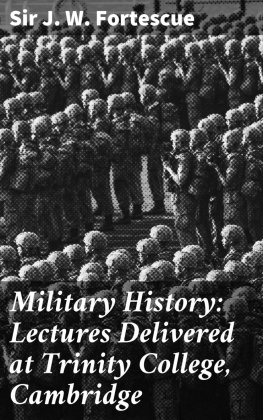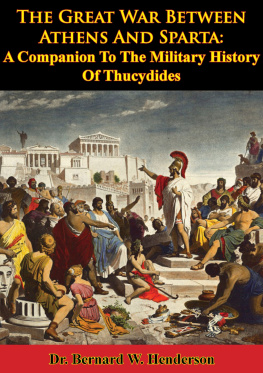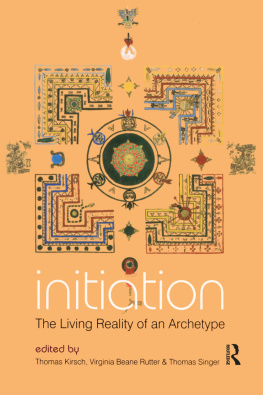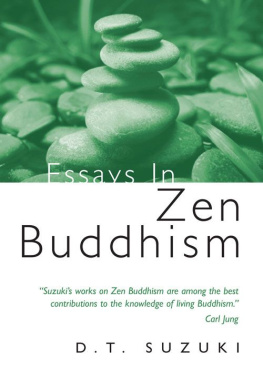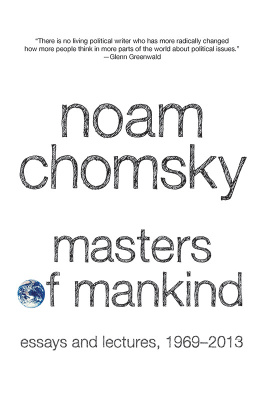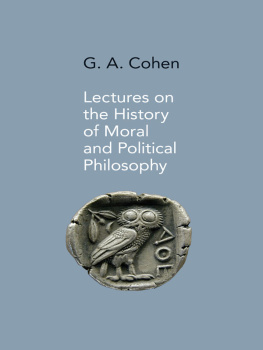THE SCIENCE OF WAR
A Collection of Essays and Lectures, 18911903
G. F. R. HENDERSON

This 2011 edition published by Barnes & Noble, Inc.
All rights reserved. No part of this publication may be reproduced, stored in a retrieval system, or transmitted, in any form or by any means, electronic, mechanical, photocopying, recording, or otherwise, without prior written permission from the publisher.
Barnes & Noble, Inc.
122 Fifth Avenue
New York, NY 10011
ISBN:978-1-4114-4419-5
PREFACE
F OR some years before his death it had been Colonel Henderson's intention to make a collection of his occasional papers and to publish them, in book form, in the hope that they might be of service to the profession he loved so well.
Unfortunately, he never found time to carry this intention into effect; and consequently, in the absence of the master-hand, the duty of selection has been entrusted to me.
In the years covered by these pages, 18911903, the world learned much of war. It is therefore probable that something of what was written in 1891 would not have been written in 1903; it is even possible that, in some respects, the war in the Far East would have affected the opinions formed in South Africa. Nevertheless, I have found so much food for reflection in each one of these papers that I have not hesitated to include even the very earliest of them; for in these earlier writings is to be found the germ, at least, of nearly all the military thought of today.
Similarly the text-books referred to are not those now in use. For unless tactical text-books were constantly to change, they would soon cease to be of any value whatever. The importance of these books as the foundation, but the foundation only, of a military education is as great now as ever it was.
In the Chapter on 'The Training of Infantry for Attack,' which was written before the South African war, the true use of the text-books, as well as their limitations, is most ably expounded; while the danger of looking upon them as the coping stone, instead of as the foundation, of knowledge is clearly shown in the essay on 'The British Army,'
But if, in some minor respects, Colonel Henderson's earlier teachings are not altogether borne out by the riper experience of 1905, his great reputation will in no way suffer. Infallibility is not claimed for him, nor is the gift of prophecy. It will, I think, be generally acknowledged that in the main he was far in advance of his time; and the loss the nation has suffered by his death will, I hope, be even more widely recognised than it is at present.
My thanks are due to the Proprietors of the 'Encyclopdia Britannica,' who have permitted me to reproduce the first four articles, as well as to the Editors of the 'Journal of the Royal United Service Institution,' and of the 'United Service Magazine,' in whose pages Chapters VI., VII., and XII. originally appeared. For the paper on 'Battles and Leaders of the Civil War' I am indebted to the Proprietors of the 'Edinburgh Review,' while 'Foreign Criticism' originally formed the introduction to Count Sternberg's book 'My Experiences of the Boer War,' and is published here by the permission of Messrs. Longmans, Green and Co. The Secretaries of the Military Society of Ireland and of the Aldershot Military Society have also been most kind in placing at my disposal all the material at their command.
Finally, the essay on 'The British Army' was practically the last thing Colonel Henderson ever wrote. The proofs were corrected by him at Assouan very shortly before his death. It therefore possesses a peculiar interest which distinguishes it from anything else included in this volume.
NEILL MALCOLM,
Captain, Argyll and Sutherland Highlanders.
April 12, 1905.
MEMOIR
I N 1852 the Rev. William George Henderson (afterwards Dean of Carlisle) was appointed Head Master of Victoria School, Jersey, and there, at St. Helier, two years later, on the 22nd June, George Francis Robert, the eldest of his fourteen children, was born. In that retired spot the family spent the next eight years, when they moved to Yorkshire, where the father was appointed Head Master of Leeds Grammar School. Here Frank Henderson's education commenced, and he gradually worked his way to the top of the school.
Good at work and good at games, with a fine physique and a sunny nature. Henderson became a great favourite with his school companions, and evidently left a lasting impression on their minds, for one of them writes of him: 'As a boy he possessed many of the qualities which go to make a great leader, and I can readily believe that his personality acted largely in his influence as a teacher.'
We are told that Henderson won the English prize for his essay on 'Alexander the Great,' an indication of the line his literary talent would follow in after life, from which his readersmilitary readers especiallyhave derived so much instruction as well as pleasure.
Henderson's amusements seem to have been chiefly cricket, football, and acting, 'but cricket was his favourite pastime.' Even in his games his influence for good made itself felt. 'I served under him,' writes a schoolfellow, 'when he captained the cricket eleven, and in those early days he was no ordinary boy; by his own example he made us all feel that we must play the game.'
Henderson put the finishing touch to his school career by gaining a History Scholarship at St. John's College, Oxford.
At the University Henderson somewhat disappointed those who expected him to devote himself entirely to study. His father had intended him for the Church, but his own predilections did not incline that way. He had set his heart on a military career; at Oxford he devoted a good deal of his time to the pursuit of those manly sports best suited to strengthen his physique, and, in 1877, he left the University for Sandhurst an exceptionally well-grown young man.
After a year's sojourn at Sandhurstwhere he was captain of the cricket elevenHenderson was gazetted as 2nd Lieutenant to the 65th Foot at Dinapore, being then nearly twenty-four years old, an unusually advanced age at which to enter the army. He had been but a short time with the battalion in India, when he returned to England, having been promoted to a lieutenancy in the 84th Footthe linked battalionthen stationed at Dover.
In August 1882 Henderson left the Curragh with his battalion to take part in the first Egyptian campaign. It is characteristic of the self-forgetfulness and the tender nature of the man that his first thought was not of the excitement of the coming campaign, nor of the chance of his own advancement. His sympathy went out to those who were to be left behind, and the anticipation of the women's grief at the inevitable partings from their male belongings for the moment cast a shadow over the glamour of military glory. 'The route,' he wrote to his mother, 'has not yet actually arrived, but we are nearly all packed and ready to start.... It is a great bore for us being kept in suspense like this. Of course it is all right for us fellows, we have the voyage and all the excitement and novelty to look forward to, but it is sad work for the women.... I hope we shall do our duty and come back safe and sound.'
The voyage to Alexandria, where the battalion arrived on August 17, was uneventful, but with the talent for using to advantage every spare moment, which was so marked in Henderson's later life, the time was not allowed to hang heavily on his hands. 'I have been improving the shining hours,' he writes to his mother, 'by learning Arabic, but it is a difficult language to master.'



